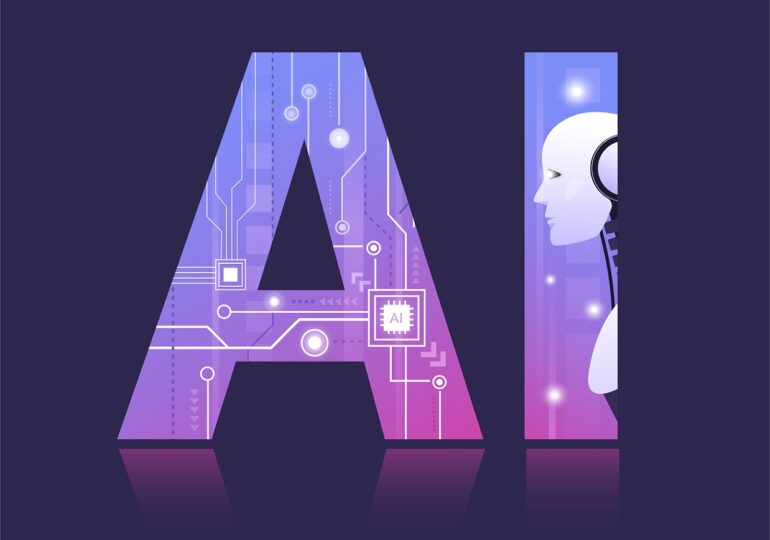The European Commission (EC) announces the banning of eight artificial intelligence (AI) systems in the EU, deemed too dangerous, under the pioneering legislation adopted last year (AI Act).
- Real-time identification of individuals with cameras in public places
The EU prohibits the use of cameras equipped with real-time facial recognition technologies on a commercial street for the purpose of identifying sought-after individuals.
The concept of "real-time" is crucial in this ban, as reported by AFP.
The EU aims to avoid immediate intervention against an individual without prior verification of other information from the real world.
Exceptions are provided, however, for certain law enforcement missions, for example, in the fight against terrorism.
- Social classification based on data of unrelated persons to the assessed risk
An entity cannot resort to an AI application to classify individuals based on the likelihood of committing social benefits fraud, using personal data unrelated to the context - for example, origin, skin color, or behavior on social networks.
Thus, for assessing the risk of non-repayment of a bank loan, only financial data can be taken into account.
- Evaluation of an individual's criminal risk based on biometric data
The police cannot use AI to predict an individual's risk of criminal behavior, for example, the likelihood of participating in riots or committing an attack, or solely based on personal characteristics, such as just facial features, without considering objective and directly verifiable facts related to their actions.
- Creation of databases with facial recognition systems by taking images from the Internet
Tools for "scraping" the Internet and extracting photos of faces for the purpose of building large-scale databases of billions of images are prohibited.
This would imply state surveillance.
- Recognition of emotions in the workplace or educational institutions
An organization cannot use webcams or voice recognition systems to detect the emotions of its employees.
- Manipulation of individuals' behavior using AI
Integrating deceptive or subliminal AI systems into the design of an interface to push users into making purchases is prohibited.
- Exploitation of vulnerabilities related to age or disabilities
A toy incorporating AI designed to interact with children is prohibited if designed to keep their attention and encourage them to engage in risky challenges that could harm them.
- Inference of political opinions or sexual orientation based on biometric data
A system claiming to be able to guess individuals' political opinions or sexual orientation based on analyzing their faces will not be authorized in the EU.

